The Imota Rice Mill
Rice is one of the major staple foods in Nigeria, consumed across all geopolitical zones and socioeconomic classes in Nigeria. However, only about 57% of the 6.7 million metric tonnes of rice consumed in Nigeria annually is locally produced, leading to a supply deficit of about 3 million metric tonnes.
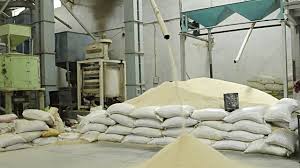
With the rapid growth in the country’s population which was estimated to have exceeded 200 million in 2019, it is expected that the demand for rice would rapidly increase in the foreseeable future. In view of this, the federal government of Nigeria announced the closure of the country’s land borders in August 2019 to prevent the importation of rice and other goods that can be locally produced into the country. This was done to encourage the local production of rice by the indigenous farmers.
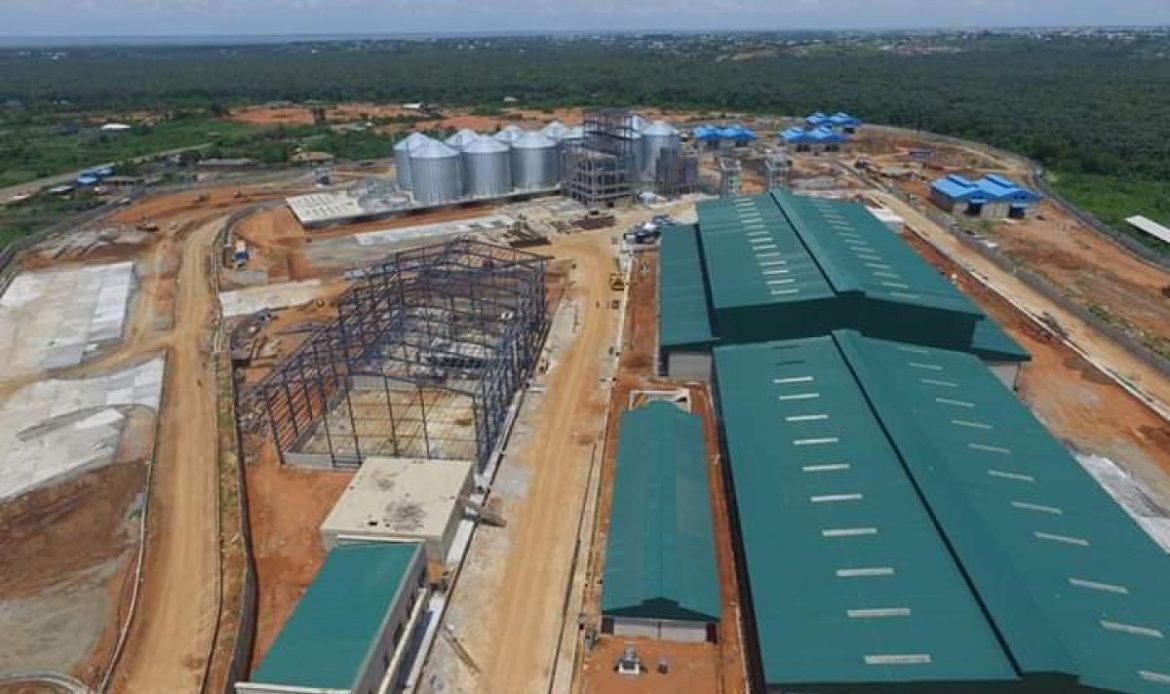
Following the closure of Nigerian land borders in August 2019, hundreds of rice mills have sprung up, while those that were not functioning are now being reactivated in many rice-producing states.
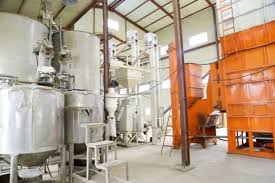
Thus, as part of the efforts aimed at boosting the production of rice in Lagos, the State Government announced in 2017, its plans to expand the rice mills at Imota from 2.5Metric tonnes per hour to 16metric tonnes per hour while at the same time encouraging private sector operators to invest in rice processing. The almost completed Imota rice mill is located in Ikorodu, Lagos state.
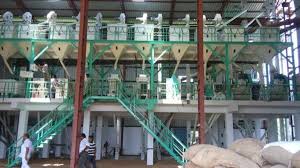
According to the state’s immediate past Commissioner for Agriculture, Gbolahan Lawal, the mill will ensure a steady supply of freshly processed rice of about 2.4 million bags of 50 kilograms per annum to Lagosians, in addition to over 250,000 jobs that will be created in both the upstream and downstream sectors of the rice value chain.
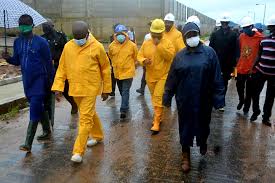
On a previous visit made by the Lagos state Governor, Mr. Babajide Sanwo-Olu, he reinforced his promise to speed the completion of the project, while reiterating his administration’s commitment to enhancing food security in Lagos.
To further strengthen their efforts, the state government is collaborating with the Southwest and Northern states, as well as the Rice Farmers Association (REFAN) for the acquisition of rice paddies.
“To meet the paddy requirement of the mill, we have undertaken a backward integration in form of collaboration with other states like south-western states, Kwara, Sokoto, Benue, Borno and Kebbi. This will be done leveraging on the Anchor Borrower Scheme of the Central Bank with the rice mill as the off taker of the products,” Gbolahan Lawal stated.
